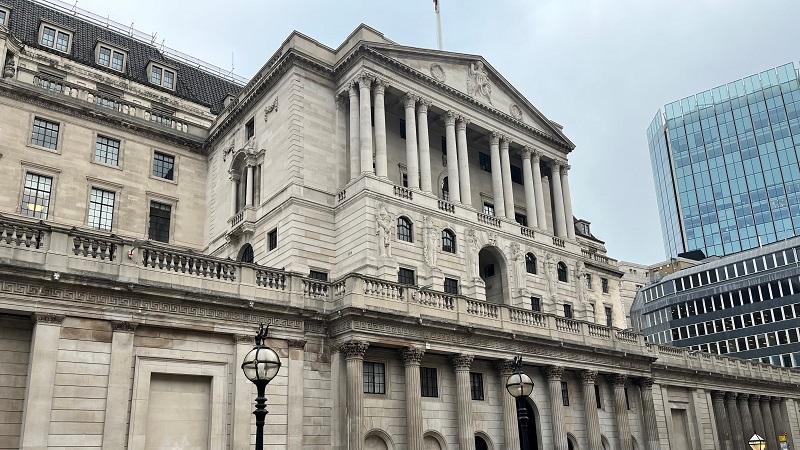Inflation in the UK fell significantly faster than expected in November to bring the headline annualised figure to 3.9%.
This was some way beneath both the 4.6% recorded in October and the 4.4% consensus forecast by economists.
Core inflation, which strips out food and energy prices, fell from 5.7% to 5.1%, versus a forecast of of 5.6%.
The data strongly suggests monetary conditions are tighter than the Bank of England had expected, and may mean rate cuts are needed much earlier than previously thought.
Steve Clayton, head of equity funds at Hargreaves Lansdown commented: “Santa must think Rishi Sunak has been a good boy this year, because he’s just delivered the best Christmas present the beleaguered Prime Minister could have hoped for.
“Within the mix, food price inflation dropped back into single digits for the first time since June 2022. The overall drop was led by food, leisure and energy prices rising more slowly.
See also: Guardians of the galaxy: What does the future of asset management look like?
“Inevitably, speculation that the Bank of England will begin to lower interest rates in the first half of next year is rising,” he continued. “Sterling is falling this morning as its future support looks to be weakening if UK rates are going to be coming down.”
“A bad reading in December could wipe all of this euphoria out in a flash. Should we be concerned about this? Well, it all depends on the weather. If we get a bitter January, then energy prices could quickly head higher. Time will tell.”
Charles Hepworth, investment director, at GAM noted: “UK inflation has not been this low in over two years, so this news will come as some relief to consumers. However, let’s not forget prices are still rising—just at a slower pace—cost-of-living pressures have not suddenly disappeared.
“However, this will be seen as ‘mission accomplished’ by Prime Minister Rishi Sunak. At the start of the year, he championed this goal to halve inflation by year end. It was number one in his list of five key pledges, even if it was arguably always out of his control and more in the hands of the Bank of England.”
See also: Calastone: Equity flows positive for first time in half a year
“Considerably lower than expected inflation figures have put a rocket under the UK stock market as investors take the view the Bank of England will have no choice but to cut rates soon,” added Russ Mould, investment director at AJ Bell.
“The FTSE 100 jumped 1.3% to 7,733 while the FTSE 250 advanced 1.1%. The biggest risers included housebuilders and retailers as they stand to benefit from any cut in interest rates. Lower rates would make mortgages more affordable and rev up the property market while also relieving pressure on household finances.
“Interestingly, banks also shot up on the news. In theory, lower interest rates are bad for bank earnings so perhaps investors are taking the view this situation could be offset by higher lending volumes.
“The Bank of England has been pushing up rates to fight inflation but now faces a situation where rates look too high and cuts could come too late to avoid an economic slump,” Mould continued. “On the other hand, issues in the Red Sea threaten supply chains and have pushed up the oil price, both drivers for inflation. Therefore, this is a somewhat muddy situation.”
See also: PA ANALYSIS: The trials and tribulations of investing in European equities










